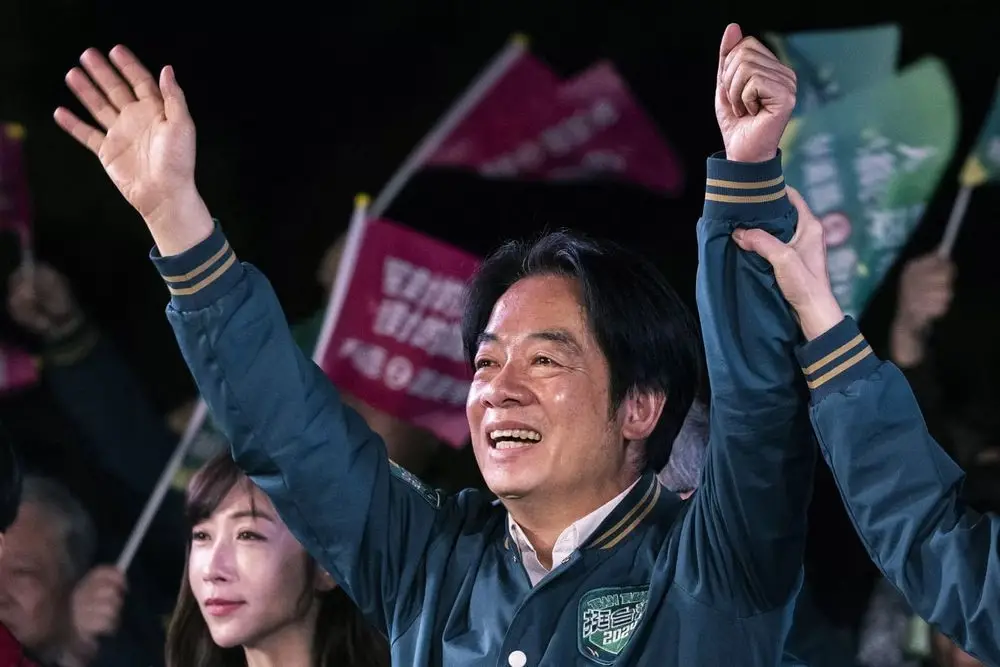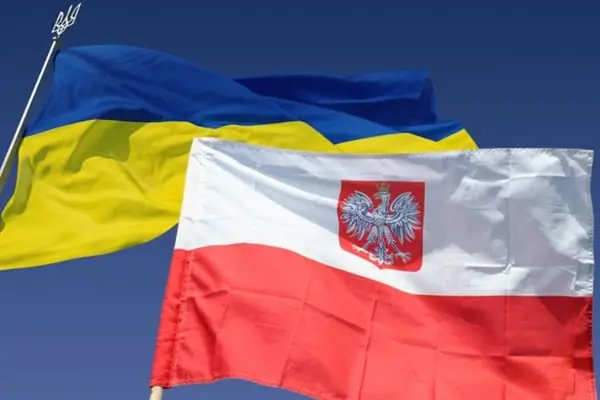Taiwan Election Results: Victory for Candidate Unfavored by China

How this will affect the situation in the region
In the January 13 presidential election in Taiwan, Vice President Lai Ching-te, a representative of the Democratic Progressive Party, won the majority of votes, according to world media.
The 64-year-old Lai has previously stated that he considers Taiwan to be a sovereign state, although he does not see the need to formally declare independence.
The same position is supported by the current President of Taiwan, Tsai Ing-wen, whose deputy was Lai. Before the election, China repeatedly called Lai a "dangerous separatist" and refused to negotiate. In turn, the politician indicated that he sees future relations with China as fraternal, but plans to continue to strengthen the island's defense.
Hou Yu-ih of the Beijing-backed Kuomintang Party and Ko Wen-je of the Taiwan People's Party, founded in 2019, also took part in the presidential race.
Earlier, Reuters emphasized that the election results in Taiwan will be a challenge for Washington regardless of who wins. The victory of the ruling party will certainly lead to an increase in tensions between Taiwan and China, and the victory of the opposition may raise questions about the island's defense policy.
The DPP supports the island's independence, but even to this day, Taiwan's independence has not been officially declared because each side, Taiwan and the People's Republic of China, consider themselves to be the real China. But Lai will most likely not declare the island's independence in order to prevent tensions between China and Taiwan from escalating.
"We support the 'one China' policy," US President Joe Biden said immediately after the results of the presidential and parliamentary elections were announced. This attitude is not new in Washington, but reflects a traditional policy where the United States recognizes only one Chinese state, despite the existence of two in fact - the People's Republic of China, centered in Beijing, and the Republic of China in Taiwan, centered in Taipei. Also, according to recent polls, 80% of Taiwanese are quite satisfied with the "status quo" that has been maintained on the island for a long time.
Interestingly, after the defeat in the 1949 civil war, the Kuomintang party, which fled to Taiwan, is now considered pro-China and calls for a dialogue with Beijing, and it is the party that has gained a majority in the parliament. In Taiwan, the president is responsible for foreign policy, but without his own parliament, it will be difficult for the president to make necessary decisions, including those related to defense, such as determining the direction of spending on its own submarines and fighter jets. Lai might consider compromise, such as appointing opposition members to the government. However, the key role may fall into the hands of the relatively new Taiwan People's Party (TPP).
Previously, these parties had agreed to work together against the ruling Democratic Progressive Party, but failed to make any progress on plans for a joint presidential candidate, which led to the collapse of their association. Now, these pro-Chinese parties are in a position to form a majority in parliament.










